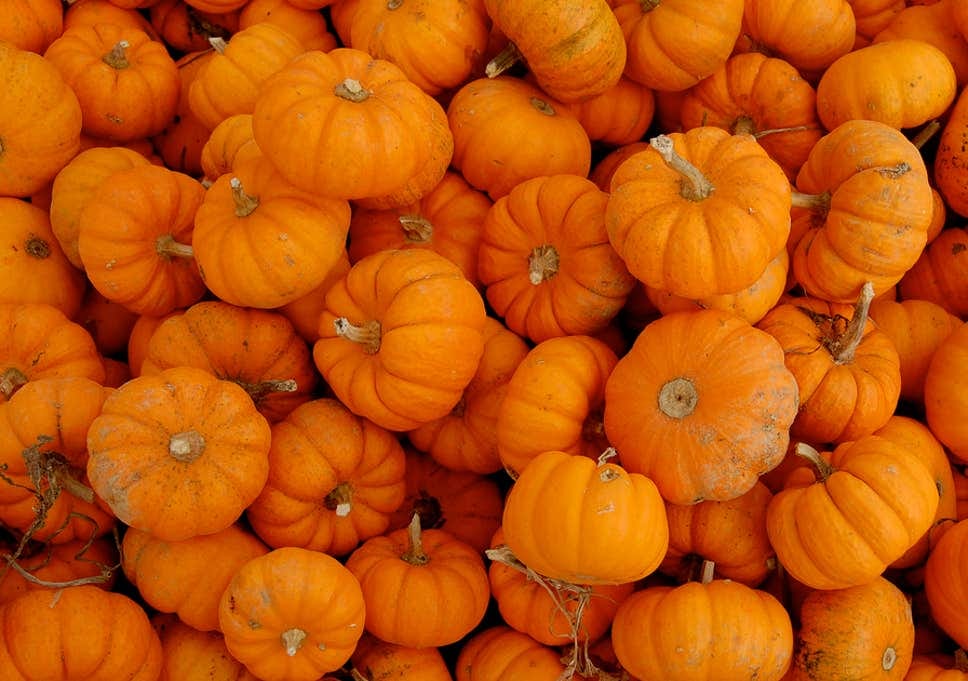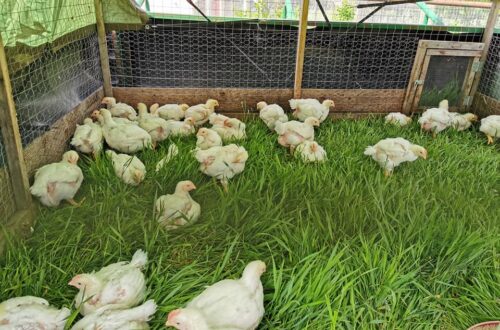PUMPKIN DOES NOT ACT AS A DEWORMER

1.) The substance (cucurbitacin) thought to be effective as a dewormer is found mainly in the roots of some species of pumpkin, and to a lesser degree in the fruit and seeds.
2.) Unfortunately, the cucurbitacin is found mainly in very bitter pumpkins, which are not the kind that have been domesticated and are commonly available.
“The bitter and toxic compounds in
these vegetables are cucurbitacins, which are well known in wild varieties of these food plants and their related species. The cultivated forms, on the other hand, have during the time in cultivation been selected for being free of the bitter and toxic compounds.”
This is a very good thing, because …
3.) Cucurbitacin is super toxic to animals and humans at relatively low doses. “The common feature of all toxic effects reported in experimental and domestic animals exposed to cucurbitacins isolated and purified from plants, as well as cucurbitacin containing plant material is a violent irritation of the intestinal mucosa, and after prolonged exposure appearance of hepatic fatty changes, catarrhal enteritis, pulmonary emphysema and necrosis of the cells of the renal tubuli.”
So, pumpkin is not an effective dewormer, but if it was actually effective, it would also be likely to kill your animals.
In another study, different ‘natural’ dewormers were tested on goat kids and pumpkin seeds did not make a significant difference in the amount of parasites.
https://cast.desu.edu/sites/cast/files/document/16/pumpkin_seeds-worms_djo.pdf?fbclid=IwAR3iVsUI-u_w8TYsgWX7II7iLqBZNvVWU99UFl0-nVpMmE_nkHJZarq6o9o

